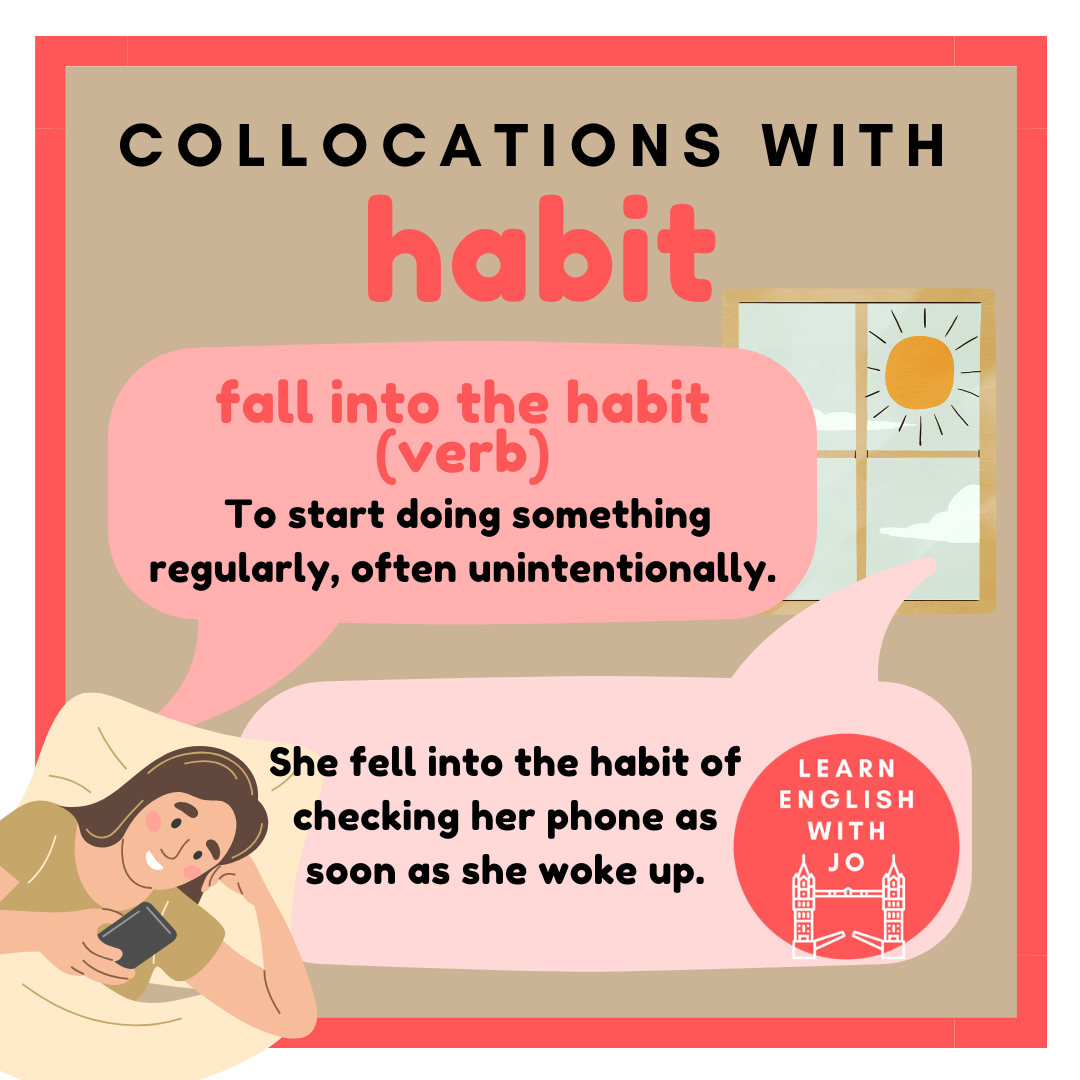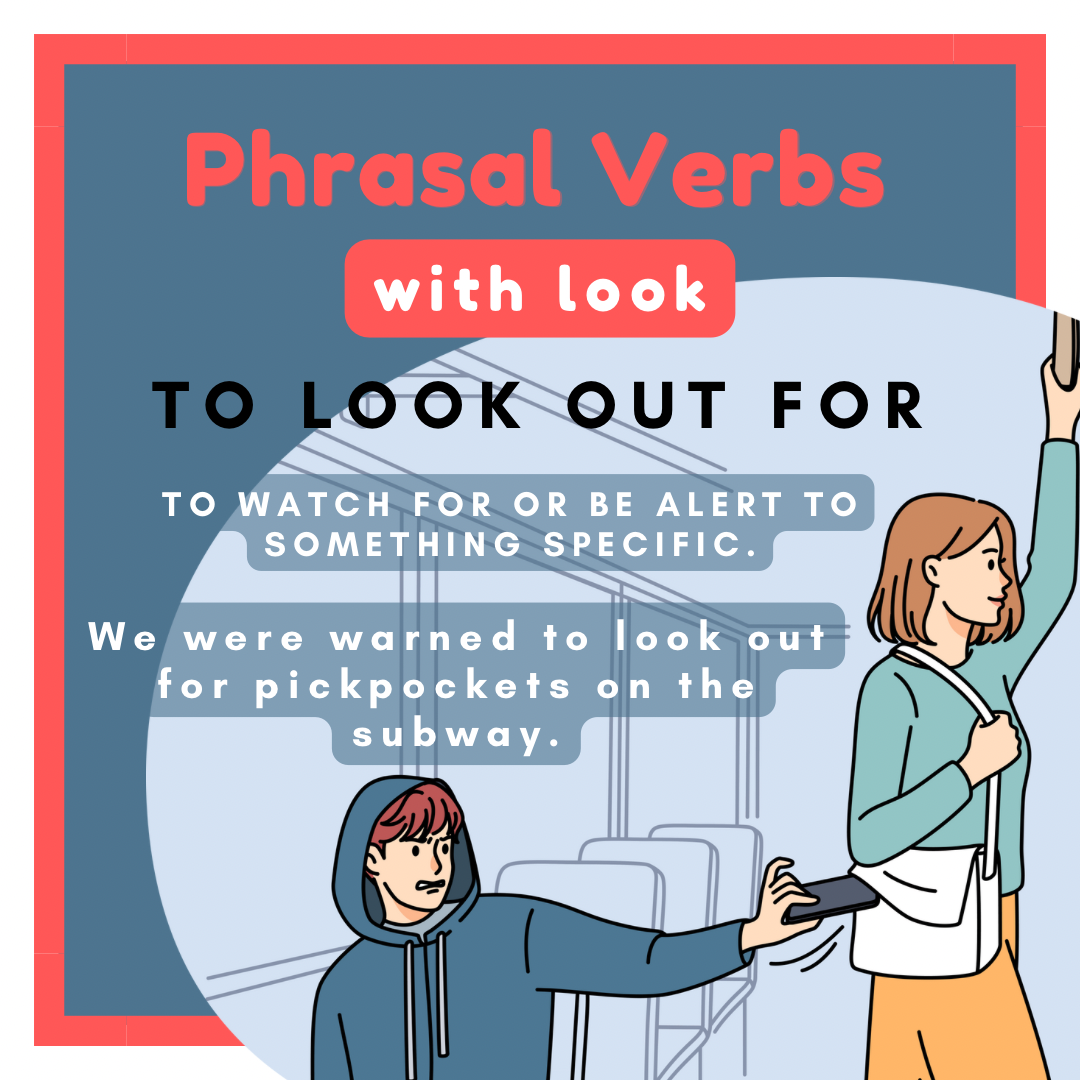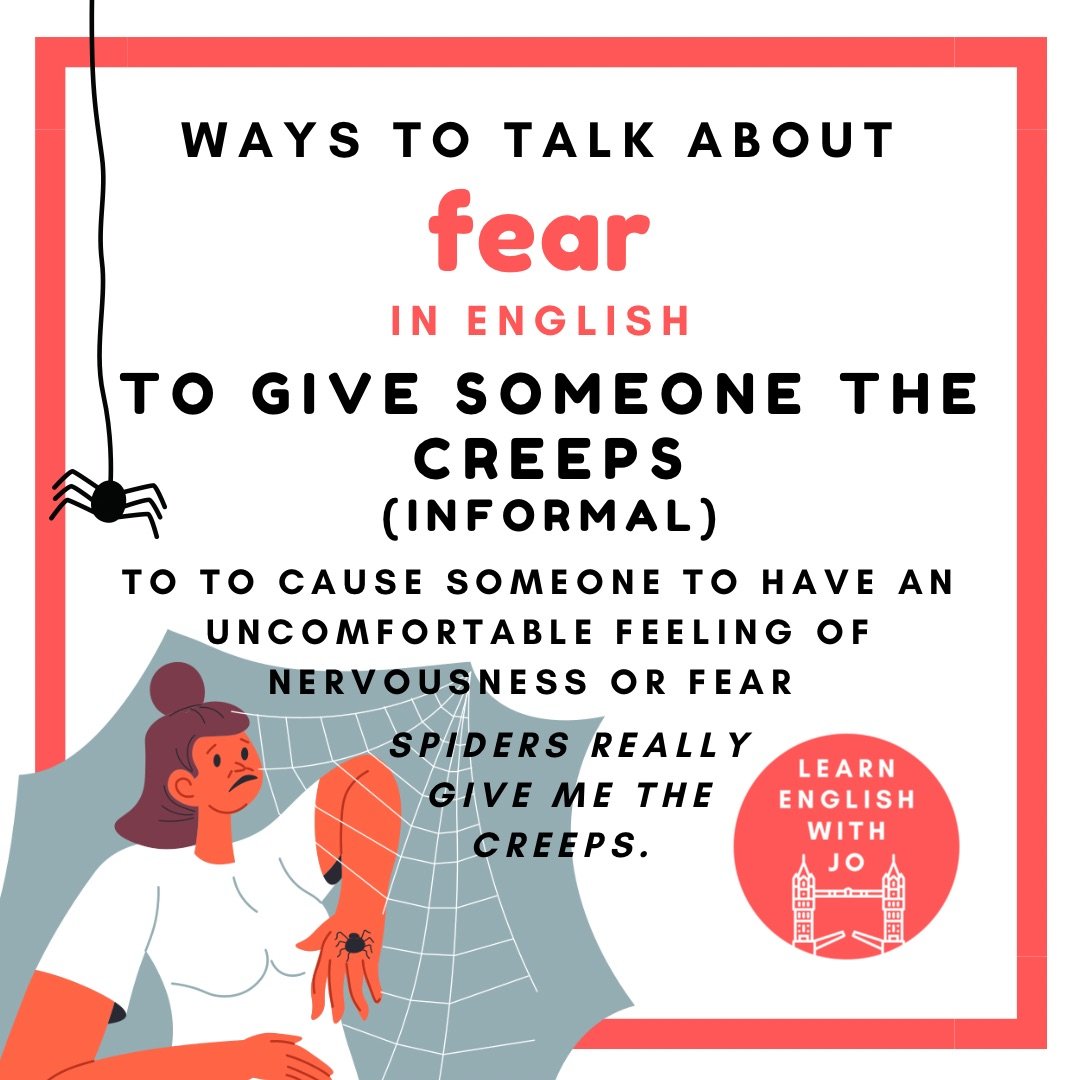Recent Posts

Collocations for talking about habits in English.
This week in my English conversation classes, some of my students have been talking about cultivating good habits and kicking bad habits. In the process we have explored some collocations that are commonly used when talking about habits in English. These are a few of the phrases and expressions we came up with.

Free PDF - 30 Days of English Journaling Prompts
Need inspiration for starting your English journaling journey? Download my free pdf 30 Days of Journaling Prompts - Prompts to practise your English.
Have you ever considered keeping an English daily journal where you make a commitment to write in English once a day. It’s a habit that some of my students have developed and it needn’t take up much time!

English idioms about deception.
Have you ever encountered a wolf in sheep’s clothing or had the wool pulled over your eyes? This week in some of my classes we’ve been talking about scammers, con artists, deceipt and fraud. During the lessons students have explored different language for talking about the subject and the following idioms came up in our conversations.

English phrasal verbs with look
To Look Out For
To look out for means to watch for or be vigilant about something. It often implies keeping an eye on potential dangers or being alert to opportunities.
Example: We were warned to look out for pickpockets on the subway.

English idioms about failure.
Failure is an inevitable part of life, a universal experience that transcends cultures and languages. While it might not be the most pleasant topic to discuss, acknowledging and understanding failure is essential for personal growth and development. So, in this blog post, we'll delve into a set of idioms related to failure.

English phrasal verbs to talk about shopping.
In this blog post, we'll delve into some useful phrasal verbs related to shopping that will help you navigate the world of retail with confidence and fluency.
When you're out and about, "to pick up" doesn't mean to physically lift something. In the context of shopping, it means to buy or collect something, often casually and without extensive planning.

English idioms about knowledge.
The idiom "know the score" is a phrase that captures the idea of being well-informed about a situation or topic. When someone "knows the score," it means they understand the details and nuances involved.

Ways to talk about work-life balance in English
Work-life balance is a subject my students and I often talk about in their English conversation classes and while we may not have come up with a magic answer for achieving it in our lives , we have come up with some good ways to talk about the topic in English. The following expressions, idioms and vocabulary will equip you with some of the language needed to discuss work-life balance.

English phrasal verbs to talk about food and eating
Imagine you're starving after a long day of studying. What do you do? You "wolf down" your meal! This phrasal verb means to eat something quickly and greedily. So, the next time you're in a hurry or simply can't resist your favorite dish, you can use "wolf down" to describe how you ate.

Ways to talk about anger and frustration in English
In this blog post, we'll explore various ways to talk about getting angry and losing your temper in English, providing you with the tools to navigate emotional conversations with confidence.

English idioms about enthusiasm
Are you ready to add some zest and zeal to your English language skills? Today, we're diving into the world of English idioms that capture the essence of enthusiasm. There are example sentences included so you can see each idiom in use. Let’s get started.

Talking about the great British Summer in English.
Today, I want to look at a topic that holds a special place in the hearts of many Britons: the notorious British Summer weather! While England is known for its picturesque landscapes and historic charm, the weather can often be quite unpredictable and, well, a tad miserable. So, let's explore some key vocabulary and expressions related to the less-than-ideal weather you might encounter during your time in the United Kingdom.

8 Ways to say ‘No problem’ in English
Today I’ve got eight alternative expressions to say "no problem" in English. With these phrases you can communicate your willingness to help or assure others that their concerns are unnecessary.

Ways to talk about fear in English
In this blog post, we’ll explore a variety of ways to talk about all sorts of fears in English. Whether you are afraid of speaking English in an interview or you have a phobia of spiders, there are a whole variety of terms that you can use to express your fear.

English Idioms for talking about money.
If you’re learning English, idioms are a fantastic way to sound more natural and fluent, plus understanding these idioms is key to truly grasping the nuances of the English language.
Today, we’re looking at some common money-related idioms that will not only expand your vocabulary but also help you understand how native speakers talk about finances. Whether you’re chatting about budgeting, splurging, or the cost of living, these idioms are incredibly useful. Let’s take a closer look at their meanings and how to use them in real life.

20 Phrasal verbs for talking about money.
When discussing money, phrasal verbs can add a natural and conversational tone to your English. Below, you’ll find 20 common English phrasal verbs related to money, complete with meanings and examples to help you use them confidently in everyday conversations.

What is a cliché?
A cliché, in simple terms, is a phrase or expression that has been used so frequently that it has lost some of its original impact. These phrases have become so ingrained in our language that they often evoke a sense of familiarity. While some may view clichés as overused and lacking creativity, they still hold a special place in our communication toolbox.

Vocabulary for describing the qualities of a good friend in English.
In English, there are many ways to talk about friendship, using a variety of vocabulary, idioms, and phrases. In this blog post, we will focus on the vocabulary that you can use to describe the qualities a good friend.

Talking about books and reading in English.
Are you a bibliophile, a bookworm or an avid reader?
Whether you’re talking about your favourite piece of literature in your IELTs speaking test or just recommending a novel to a friend, this article aims to provide you with some of the vocabulary and expressions that will come in useful for talking about reading and books in English.

English word of the week - mundane.
The English word "mundane" is an adjective that refers to something that is ordinary, everyday and not very interesting. It is often used to describe things that are dull, tedious, or unexciting.
